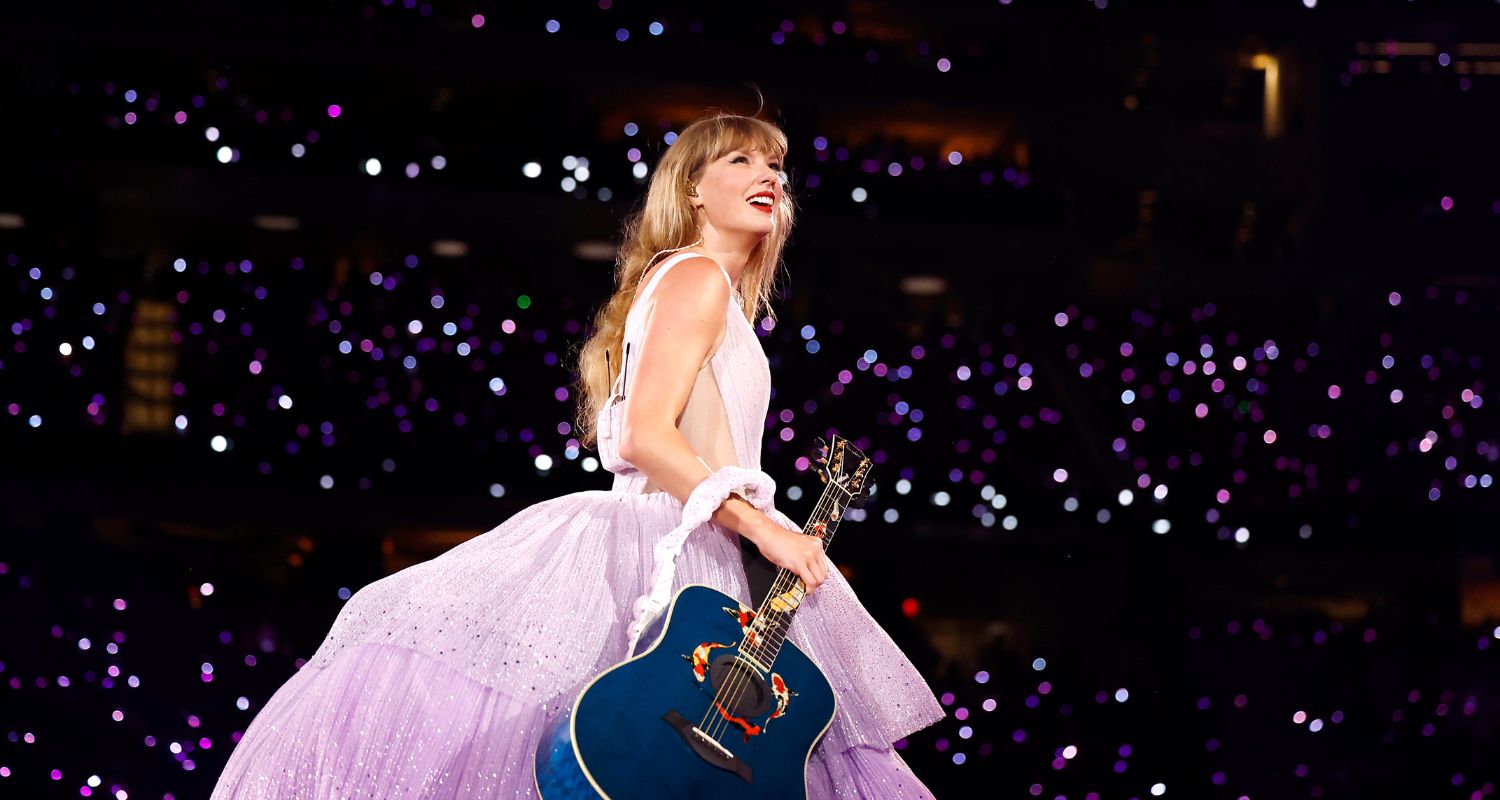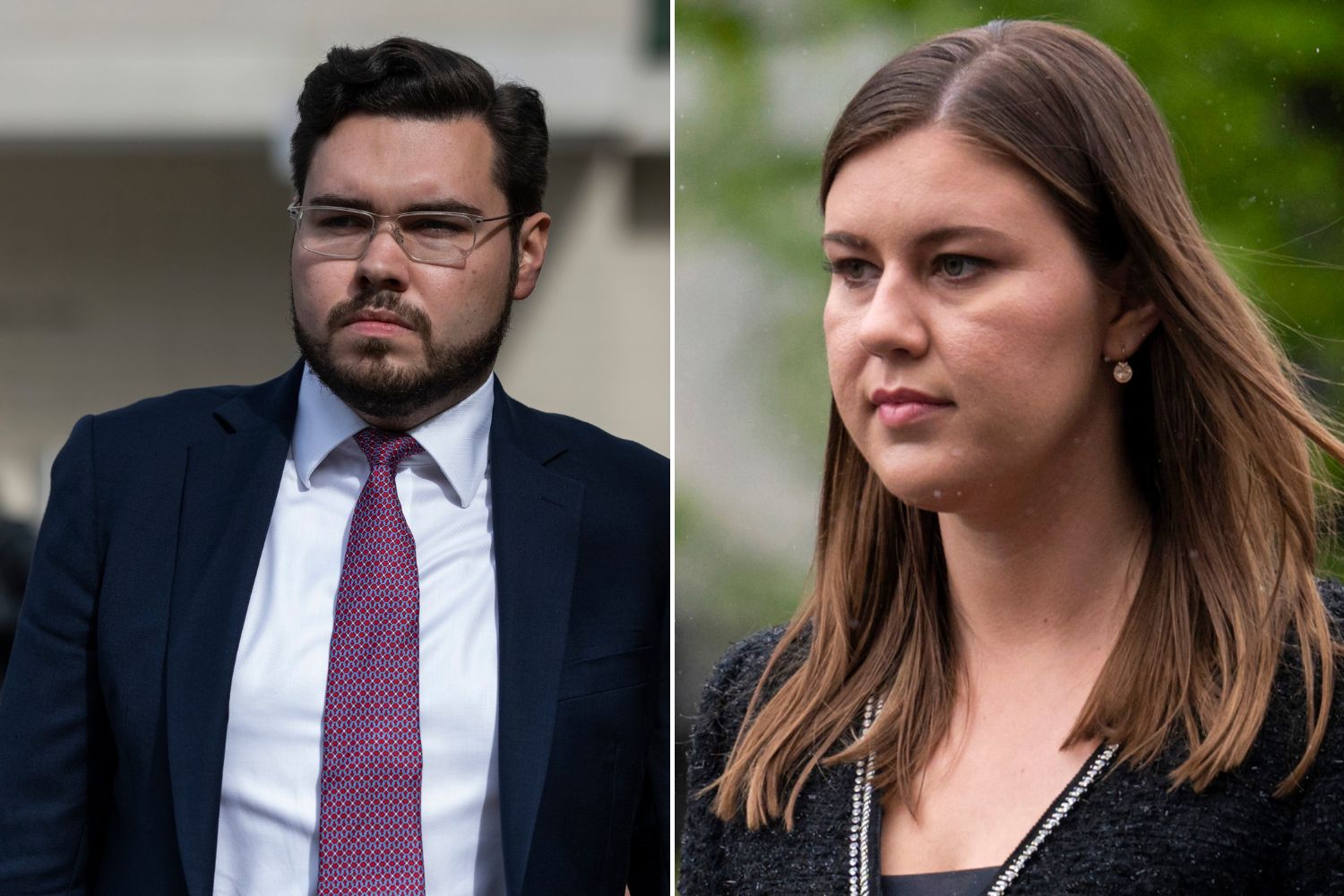On August 24, Victoria Premier Dan Andrews confirmed that Victoria’s state of emergency will likely extend by another 12 months, bringing the total time up to 18 months.
The extension in time comes after new legislation changes that will be introduced in September. Currently, the Public Health and Wellbeing Act stipulates a six-month limit for a state of emergency declaration.
Andrews has even made a public plea for those “of all political persuasions” to support his changes to the legislation.
Here’s what we know…
What is a state of emergency?
Set to expire on September 13, Victoria’s state of emergency gives the Chief Health Officer extensive powers to act in response to a public health crisis.
It allows him to issue legally enforceable public health directions, in this instance to prevent the spread of coronavirus.
“That is the legal instrument that allows rules about facemasks, about COVID safe work plans in workplaces large and small, that is the legal instrument that sits behind density limits in pubs and cafes and restaurants,” Andrews said.
The state of emergency also allows him and authorised officers to detain any person “for the period reasonably necessary to eliminate or reduce a serious risk to public health”.
They also have the power to restrict movement, search premises without a warrant and “give any other direction that the authorised officer considers is reasonably necessary to protect public health”.
When will the state of emergency end?
With the extended legislation in place, this means that Victoria will be in a state of emergency for an extra 12 months, meaning until September 2021, and that is, in addition to the six months that have already passed.
“So that means it will be a total of 18 months. The six months we have already been through plus a further 12 months.”
“To be clear, this is not the state of disaster, not the curfew, for instance, but the other very simple rules that I think I become part of our daily life,” he said.
“For instance, if someone has got this virus it is not unreasonable and, in fact, it is absolutely critical that they stay at home and they stay away from other people. That, as logical as it seems, that is not on some honesty policy, there is a legal framework that sits behind it.”
Why has the state of emergency been extended?
Currently at only 116 new cases, their lowest number since early July, the state of emergency looks to be working.
But despite these numbers, Premier Daniel Andrews deems it necessary to extend the state of emergency so there is “no doubt as to the authority and the effectiveness of all of the measures that we’ve put in place”.
“We simply can’t have those important rules and the legal framework that sits behind [the state of emergency], we cannot have that end on the 13 September, because this will not have ended by the 13th of next month.”
“They are critically important and as you can see from these numbers, and although it is only early signs, and we do know that there’s that lag effect, but these are encouraging numbers,” he said.
While the lower number of cases is a positive, tragically, Victoria has also recorded another 15 deaths. Which can only stress the importance of the state of emergency that Andrews is enforcing.










